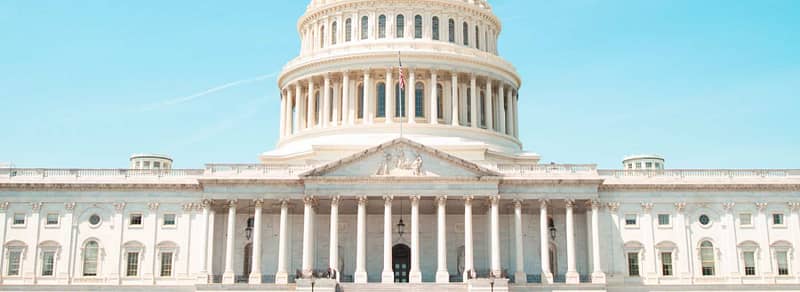Student loan debt is one of the most common financial burdens. While education is a personal investment leading to more robust career prospects, the associated debt can feel crippling to those looking to build long-term financial security. As a result, there’s long been talk of eventual loan forgiveness, and how borrowers can optimize the repayment process in the meantime.
Individuals with student loans have always had various options and factors to consider in handling their debt—maintaining a traditional ten-year repayment plan, refinancing the loan, opting into an income-based program to maximize debt forgiveness opportunities. However, as the COVID-19 pandemic began last year, the CARES Act’s passage gave borrowers reprieve as unemployment and forced economic shutdowns began. Under the Act, federal student loans were put into a suspension of payments with a 0% interest rate through January 2022 (after extensions). Any collection on defaulted loans was also put on hold.
Additionally, individuals with federal student loans are waiting for Congress and the Biden administration to follow through on the student loan debt forgiveness campaign promise. Throughout his presidential campaign, President Biden spoke of debt forgiveness of $10,000, while others in Congress lobbied for amounts closer to $50,000. Regardless of political opinions, economic impact, or legal authority to make this happen, it leaves all borrowers in limbo as they attempt to determine how best to maximize their financial position coming out of the pandemic.
As individuals look to the end of 2021, here are a few considerations to bear in mind before making any changes to your repayment strategies.


